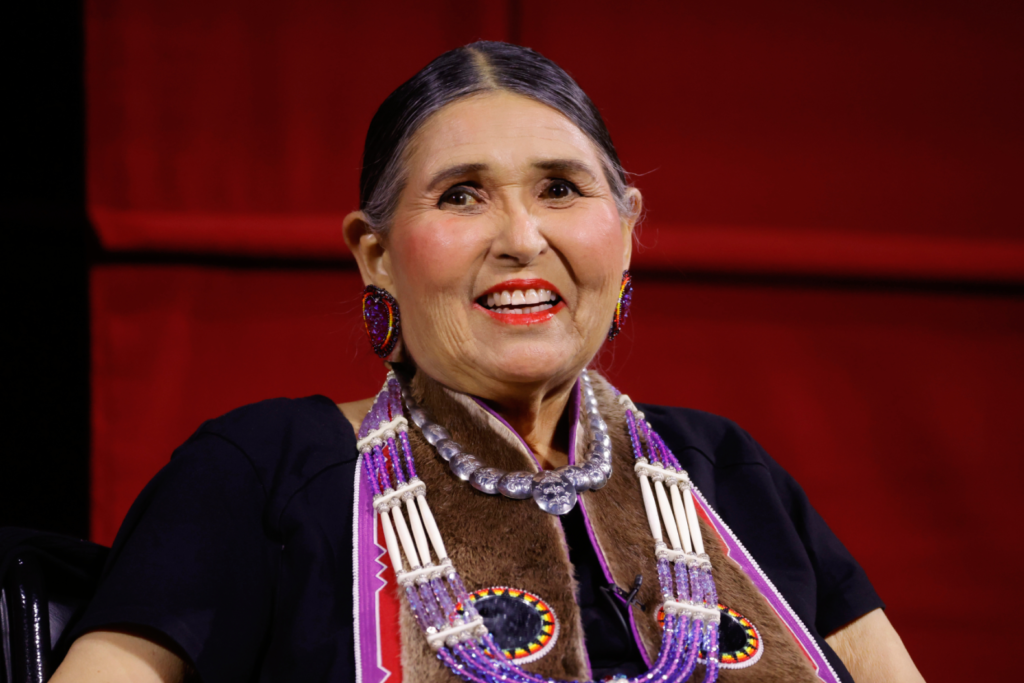Sacheen Littlefeather, activist who rejected Brando’s Oscar, dies at 75
The academy recently apologised to actress nearly 50 years after being blacklisted for her stance

Sacheen Littlefeather, the Native American actress and activist who declined Marlon Brando’s 1973 Oscar win for The Godfather on his behalf and was blacklisted in Hollywood— died on Sunday at the age of 75.
In March 2018, she disclosed that she had been diagnosed with Stage 4 breast cancer, and that it had metastasized.
The Academy of Motion Picture Arts and Sciences — who formally apologised to her in June and held an event in her honour earlier this month — shared the news via social media on Sunday.
In 1973, Littlefeather was asked by Brando to decline his Oscar in protest of how Native Americans were portrayed in Hollywood and also to highlight the occupation of Wounded Knee, where hundreds of the American Indian Movement (AIM) were in a standoff against thousands of U.S. marshals and other federal agents.
She took to the stage and said, “He very regretfully cannot accept this very generous award. And the reasons for this being are the treatment of American Indians today by the film industry… and on television in movie re-runs, and also with recent happenings at Wounded Knee.”
Her Oscar speech, as she would later note in the 2022 documentary Sacheen: Breaking the Silence, led to her being “blacklisted” from getting parts as an actress. “Or, you could say, ‘redlisted,’” Littlefeather said. “Johnny Carson, Dick Cavett and others didn’t want me on their shows. … The doors were closed tight, never to reopen.”
“I was the first woman of color to ever make a political statement in the history of the Academy Awards,” she said in the doc.
Born Marie Louise Cruz in 1946 in Northern California , she was raised in Salinas mainly by her mother’s parents, and by the time she was attending California State University in Hayward, she was championing her heritage. This included her joining fellow activists in the Native occupation to attempt to reclaim Alcatraz Island in 1969.
She also began pursuing acting and received a scholarship at San Francisco’s Conservatory Theater. While she garnered some radio and TV commercial work, she found it difficult to score larger parts. And her speech on behalf of Brando at the Oscars effectively shut down her acting career. Yet despite that, she appeared in a handful of films, including The Trial of Billy Jack (1974), Johnny Firecloud (1975), and Winterhawk (1975) before she abandoned acting and earned a degree in health to work in the wellness field. She also continued advocating for Native Americans in the arts, co-founding the nonprofit National American Indian Performing Arts Registry.
“Be proud that we stand as survivors — all of us,” Littlefeather said during the Academy event in her honor earlier this month. “Please, when I am gone, always be reminded that whenever you stand for your truth, you will be keeping your voice, and the voices of our Nations and our people alive.”
